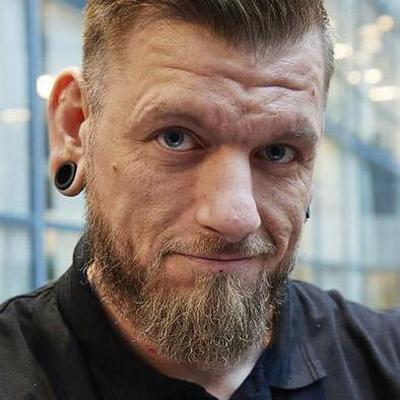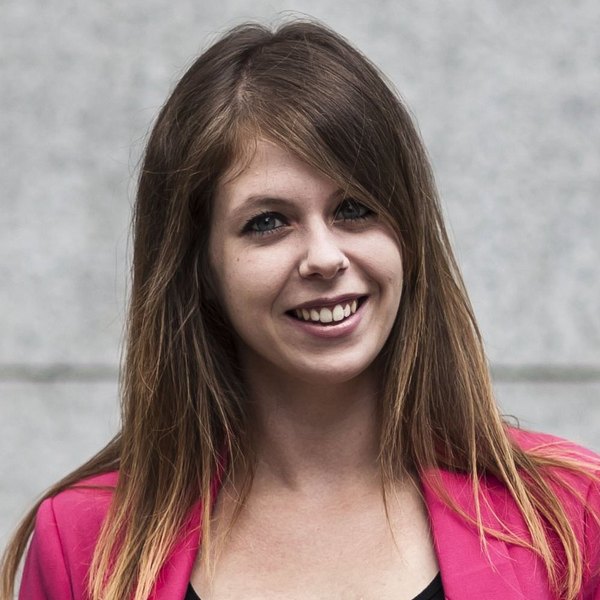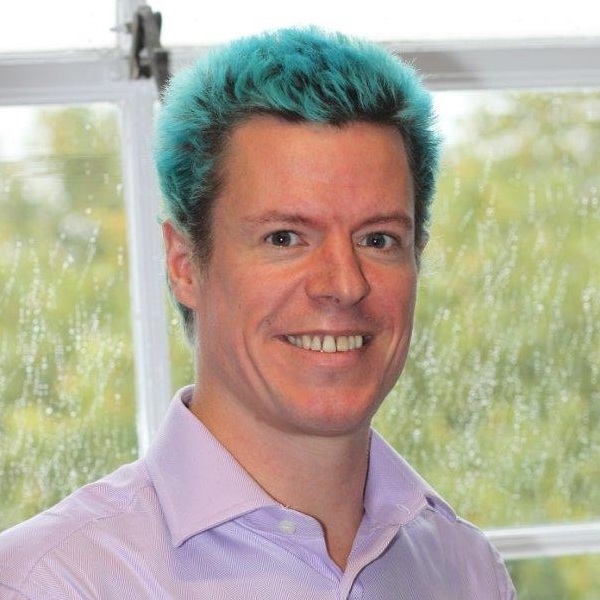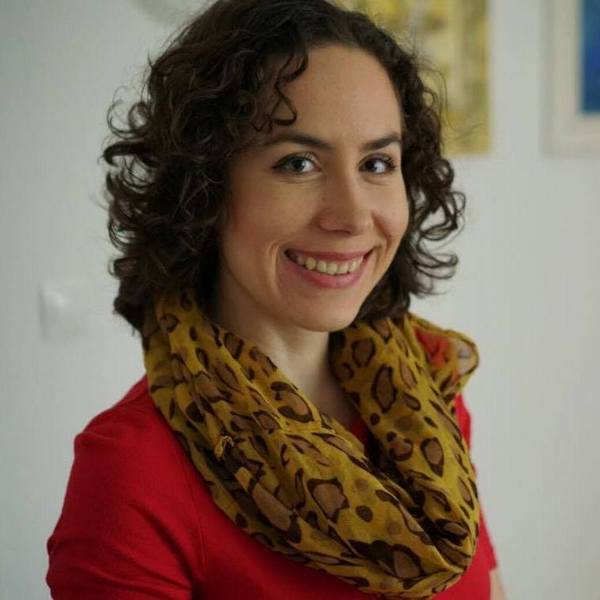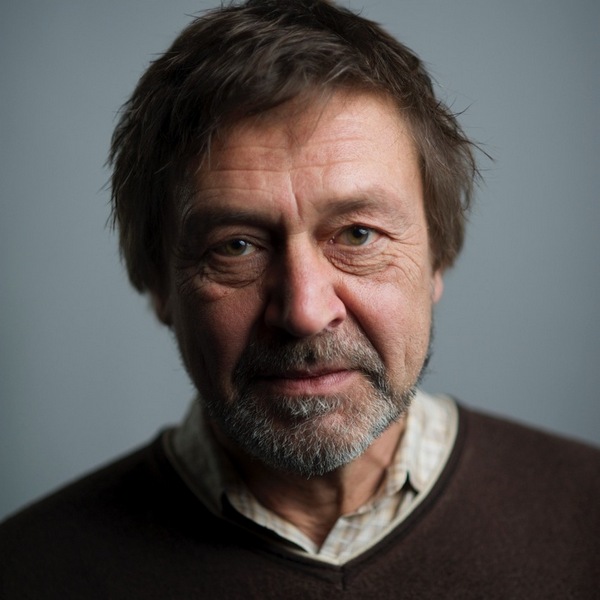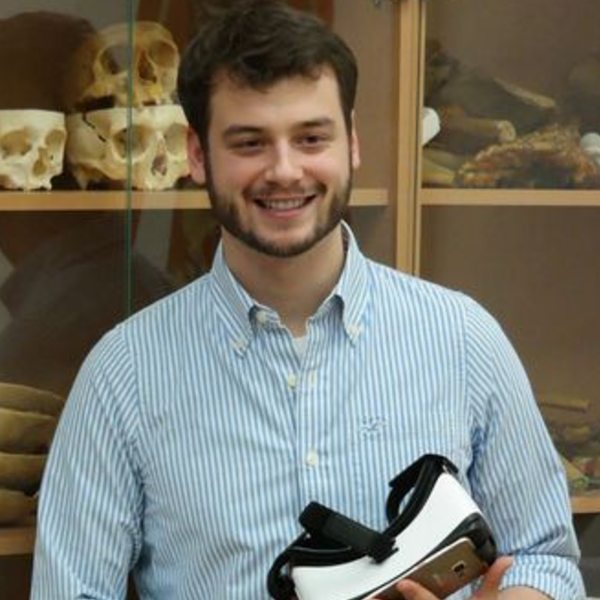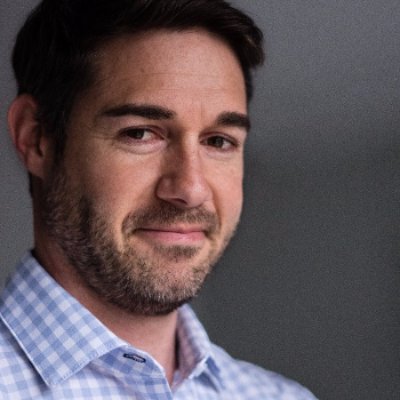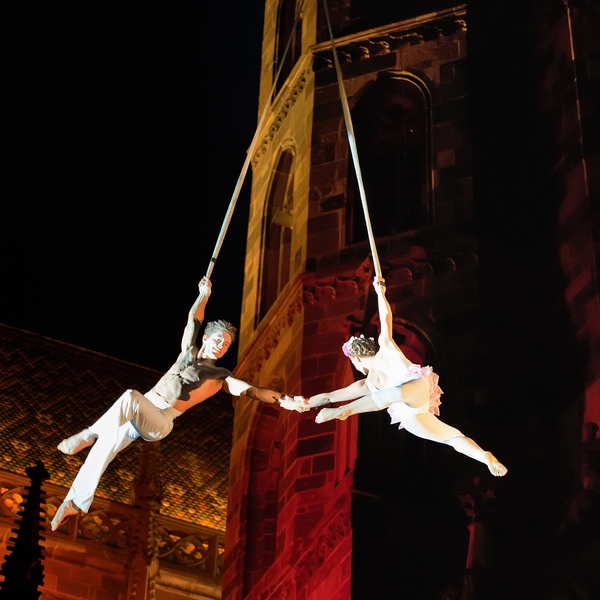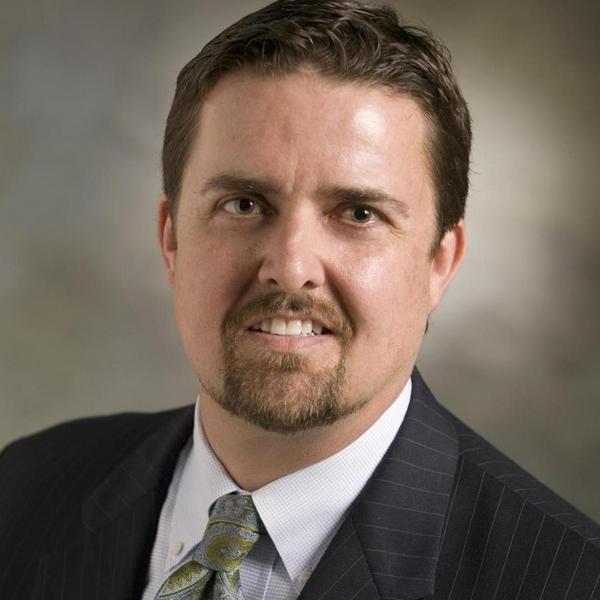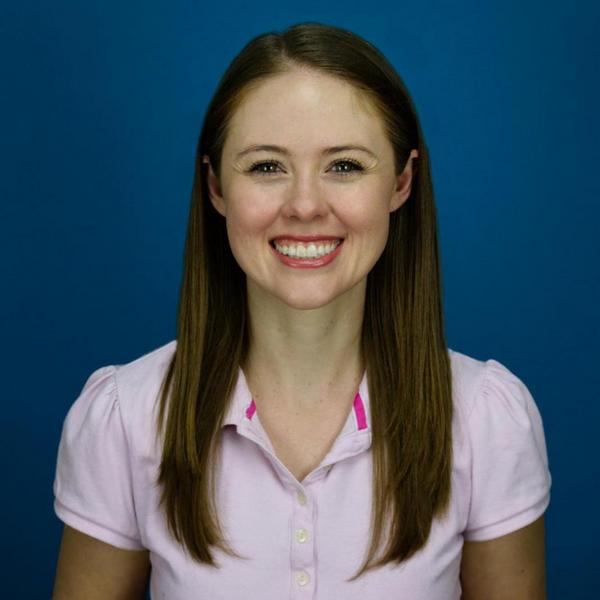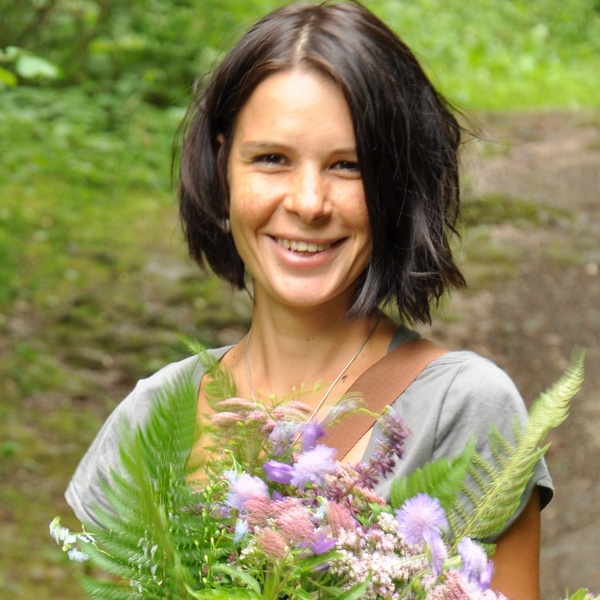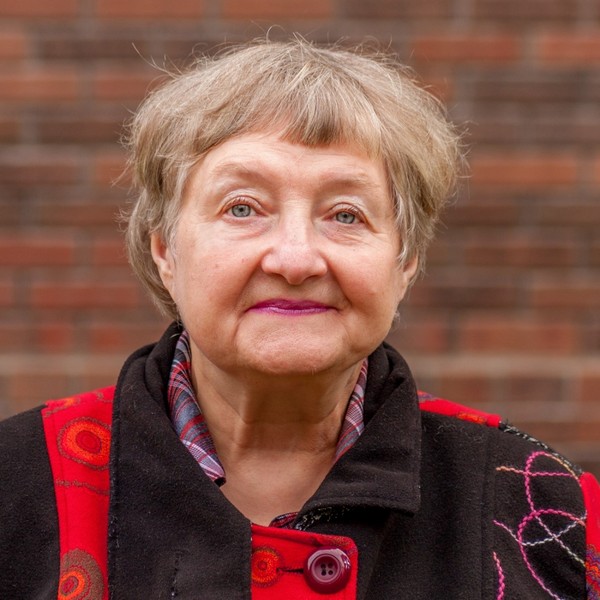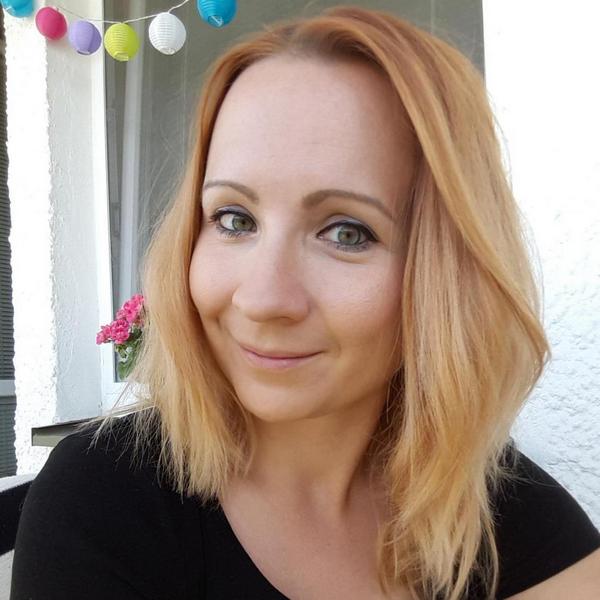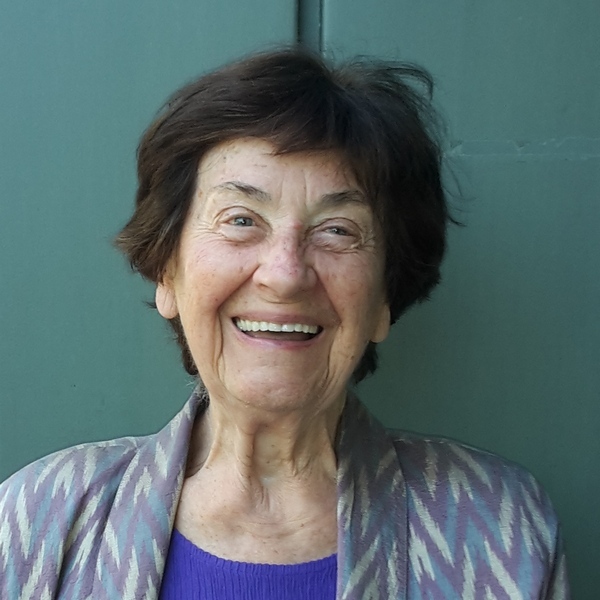Jowan Österlund
biohacker
Jowan is CEO at Biohax International, Swedish company that focuses on biohacking, bodyupgrading and implant development. Digitizing met Jowan’s experience in easthetic modification and professional piercing some 3,5 years ago creating a new discipline. The time of human digitizing is here and Jowan is a global advocate for it being conducted safely and controlled. Having made most digital implants in the world today and with a global network of partners he cannot wait to see what is down the line. With a first goal of making human everyday interaction with digital enviroment seamless and completely customized, Jowan is staying busy all over.
Why we invited him?
Everybody likes to discuss what the future will look like. Autonomous cars, trips to the space, AI mastering the emotions. One of such prospect is human cyborgs. But what if the future is already here and is being created every day? For example, in Sweden, it is normal to have chips inside your body that allow you to open the doors to your office by swiping the hand. In Slovakia, most of us believe, that this will never be common. But do you see a parallel with cars or internet?In the past, no one could predict that one day we all would be driving cars or using internet. (Monika Pohlová)



